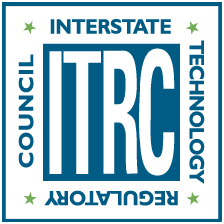Sustainable and Resilient Remediation
Resource
The mission of the Remediation Program is to maintain and enhance the environment of the state in order to promote and protect the health, safety and welfare of the people of Louisiana. This program provides an efficient means to develop, implement, and enforce regulations. It also pursues efforts to prevent and to remediate contamination of the environment.
https://www.deq.louisiana.gov/page/remediation-division
Climate
Resource
The State of Louisiana was awarded $92,629,249 of Community Development Block Grant National Disaster Resilience funds for the following projects, Louisiana’s Strategic Adaptations for Future Environments (LA SAFE), and Isle de Jean Charles Resettlement.
https://www.doa.la.gov/doa/ocd/policy-and-reports/apa/ndr-action-plans/
Wildfire
Resource
Webpage with wildfire resources for Kentucky, including current and ongoing fires, fire statistics, firewise guidelines, and various links to other resources.


